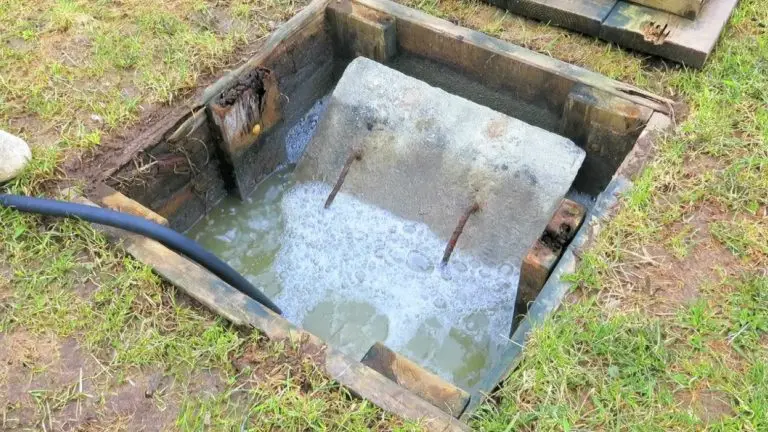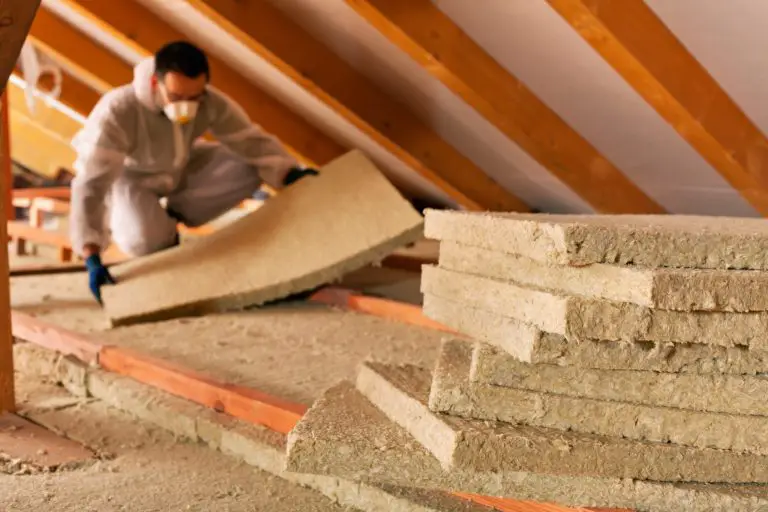Back a few years ago, I wrote a newspaper column about how logical reasoning was never going to end the growing shortage of skilled trade workers in North America. We’ve been hearing logical warnings about the lack of skilled tradespeople for at least 40 years, and the situation has only gotten worse. Not even good wages and benefits have turned the tide on this, and I believe they won’t. That’s because the issue ultimately has nothing to do with facts and figures, and everything to do with emotions and appearance.
The Root of the Problem
I know the man who manages the largest brick plant in North America, and his biggest challenge is finding people to work an 8 hour shift in the facility where most of the work involves watching machines and making sure they keep working properly. No heavy lifting, no getting overly dirty, no particular physical danger. Work cloths and laundry facilities are provided, and the starting pay is $80,000 per year. For workers who accept training so they can be assigned to any area in the plant is $120,000. All this man needs is 21 people to run the plant around the clock, yet that’s a challenge.
Another reality of trade worker shortages begins with the fact that the best and brightest young people rarely choose the trades these days. When was the last time you heard of a young person who was accepted into medical school, yet turned down the opportunity in favour of becoming a contractor, pipe fitter or painter? And why not? Good tradespeople who grow their work into true businesses can earn more than a general medical practitioner if they go about things right. Unfortunately, more often than not, trade work is a fall-back option for people who can’t make it in the academic stream, and that’s not anything that logical arguments or money is going to change. What we really need is an image make-over of the whole trade sector, and one particularly harsh parental rant I got by email in response to my newspaper column stings to the extent that it’s true:
A Public Relations Challenge
“Do you want to know WHY parents don’t guide their kids towards the trades?” a father explained to me. It has everything to do with the kind of people who work in them. Many of these people are PIGS! They drive their work vans like idiots, throw their cigs out the window, dump coffee cups on your lawn, PISS in your yard, let the wind blow garbage all over the neighbourhood, drink beer at lunch then continue to work on your house. THAT’s why we want our kids to do something else. When the trades begin to set a better example of behavior, then maybe these jobs will look more attractive. Bo Jackson used to say, ‘Stay in school, fool’. He was right.”
Wow! Harsh words, and though they’re not mine, they do ring true for more tradespeople than they should. Forget outrage for a minute and ask yourself one question: Are these words true enough to matter? And more importantly, is this view point more true for the trades than it is for any other sector of our economy? Apply what I call the substitution test to find out.
Replace the word “trades” in the above rant with “medicine”, “science”, “law” or even “politics”. Would anyone take the details of this rant seriously when it refers to these other areas of work? Probably not, and that leads me to wonder about something.
Fun to Watch
I remember one construction job of mine where I politely questioned the drywaller on why he was charging me more than the contracted amount. It was almost worth the extra $500 he was asking just to see a balding, 35-year-old man jump up and down, whirl around in a rage and stomp his feet like a 4-year old throwing a tantrum. When was the last time your dentist showed this level of maturity? Or your doctor?
There are crooks, quacks and slobs in every part of society, but that doesn’t mean all sectors share the same level of inadequacy. Far from it. And while there’s no inherent reason why the level of professionalism in the trades should be any lower than anywhere else in society, it’s hard to argue that it’s not. It’s not lower universally mind you, but often enough to influence the reputation of the sector as a whole. It seems to me that there’s a big public relations challenge here, and this is where good tradespeople need to come in.
What the trade world needs is more practitioners who are an active part of the solution. We need true professionals who stand out in appearance, in conduct, in skills and in morals in a way that make rants like the one I got from that parent ridiculous. Sounds like too much to ask? Maybe, but I’d argue that in an industry where professionalism isn’t always what it should be, consistent professionalism makes good sense. A young electrician I met with for a recent project is a case in point.
The Financial Side
He was clean cut, arrived on time for our visit, his truck was organized and in good shape, and he was fully accredited. This young man is also a great example of the kind of big money that can be made when a trade career is properly managed. His estimate to wire a small light commercial building was $40,000. Estimating the time he’d take to do the work, and the cost of supplies, he’d be making more than $300 an hour on the project. I didn’t accept is his estimate, but he just went on to take on someone else’s job at prices like that.
My parents-in-law lived 600 km away and they hired a contractor to finish the basement in their new place a number of years ago. They chose a guy who’s been in business for decades, he’s done hundreds of thousands of dollars of work for members of the extended family, so he seemed like a no-brainer. They had their guard down because of past good experiences, and distance prevented me from learning that his estimate for finishing an 800 square foot basement was an outrageous $44,000. I wish I’d found out sooner that he installed used plumbing items and the cheapest possible bathroom fixtures when better stuff had been specified in the contract. I wish I’d heard about all this before full payment was made and this guy stopped answering phone calls. Yes, raising a stink might have made things better, but should raising a stink really be a necessary and normal part of getting a fair deal in the contracting business? Surely decent contractors can profitably leverage a wholesome reputation to their advantage, especially when stories about senior citizens getting shafted on basement reno jobs aren’t all that rare.
What would it mean to your life if the trade labour pool in your area included a wide range of the kind of young people who might normally get funneled off into business, science or law, but instead decided to apply themselves to building things well? I don’t know if I’ll ever see the day when the best, brightest and most honest young people regularly choose to pour themselves into a life of building, but it sure would be nice. Perhaps it will happen, but probably not until the quality-minded members of the contracting world step up to the plate and raise the PR bar conspicuously higher by getting intentional about delivering polite, intelligent, articulate, trustworthy and skilled service as a normal part of every day business. Am I dreaming?












